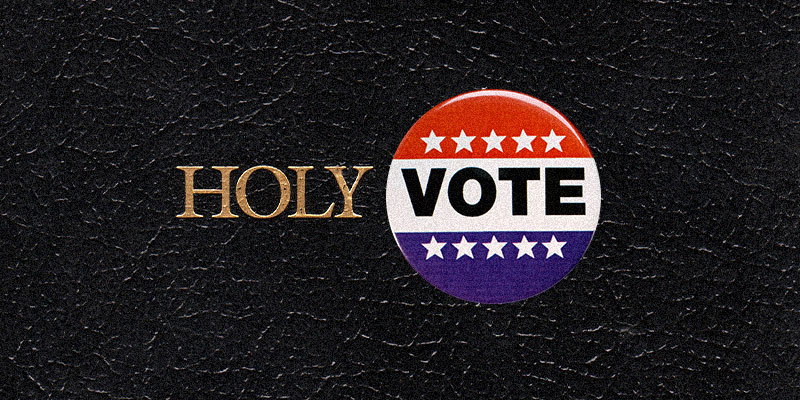Alabama voters will face the choice of whether to allow the Ten Commandments to be displayed on state property such as at schools under a ballot proposal for the November election.
The Alabama House of Representatives passed a constitutional amendment ballot provision 66-19 on Thursday. The proposal has already been approved by the Senate and does not need to be signed by the governor.
If the proposal by state Sen. Gerald Dial, a Republican, is passed by voters, the Ten Commandments will not automatically be displayed in public buildings. No state funds could be used to erect the laws but individuals could use private money to display them.
Democratic critics said the proposal violates the separation of church and state and would incite federal lawsuits that cost the state money.
Roy Moore, who lost Alabama’s special U.S. Senate election in December, was sued and removed as chief justice of the state’s Supreme Court in 2003 because he refused a federal court’s order to take down a marble monument of the Ten Commandments.
“The Supreme Court and federal courts already ruled. We are going to get sued,” said Rep. Berry Forte, a Democrat.
“I’m opposed to the bill because it’s unconstitutional and I’m trying to be fiscally conservative to try to save the state and courts money if they put it up there and it gets struck down,” said Rep. Marcel Black, a Democrat.
Republicans said they supported the bill because the Founding Fathers expressed their Christian faith. The proposed amendment reaffirms religious liberty, which is already under law.
“I wish and pray that we get to a point where people would be free to express faith without fear of being sued,” said Rep. Danny Garrett, a Republican.
Dial, who is running for state agriculture commissioner, has introduced the bill for years. Democrats said attempts to pass such legislation constituted a political push by Republicans seeking conservative support during a state election year.
“This constitutional amendment is done for feel-good and political purposes,” Black added.
Other Democrats questioned whether people from other religions who displayed similar texts in public places would receive the same treatment.
“Public places belong to all people regardless of religion,” said Rep. Adline Clarke.
The final decision will be up to Alabama’s voters in November.
(Associated Press, copyright 2018)
Don’t miss out! Subscribe today to have Alabama’s leading headlines delivered to your inbox.
